A typical projector uses 200–300 watts of power. The majority of Full HD models fall under this. While a 4K display can use 300W or more, a 720p display can use as little as 50–60W.
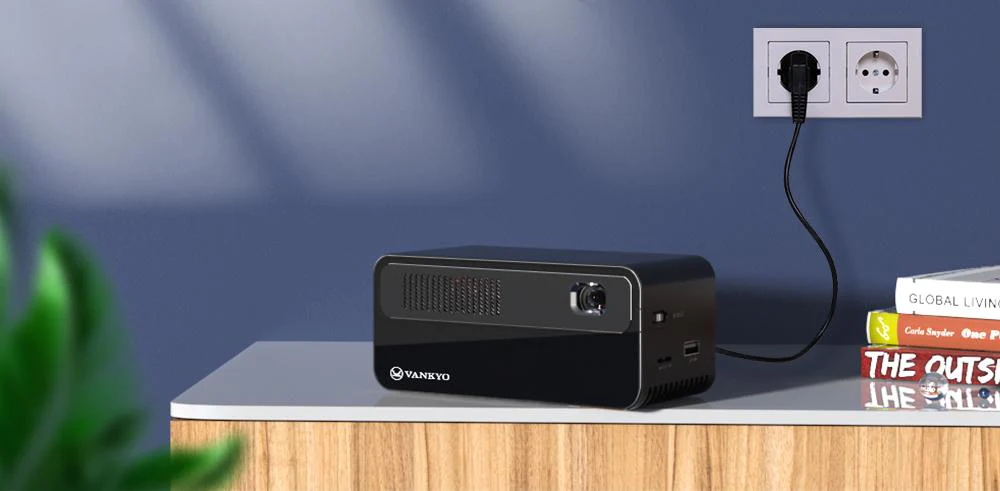
Are you interested in learning how much power your dependable projector uses? You’re in the correct place, then! We’ll explore the realm of projector power consumption in this article to see how many watts these excellent devices consume.
We’ll also delve into the specifics of projector power utilization, investigating various resolutions and technologies to learn how they affect the amount of energy used.
Projector Type And Their Consumption watts: A Quick Overview
In this quick overview, we’ll present a table summarizing the three main types of projectors – Lamp-Based, LED, and Laser – along with their respective power consumption ranges in watts. Let’s explore the energy efficiency of these projector technologies to help you make an informed choice for your projection needs.
| Projector Type | Power Consumption Range (Watts) |
| Lamp-Based | 150 – 350 per hour |
| LED | 200 – 300 |
| Laser | 230 – 250 |
Power Consumption Of Different Projector Types
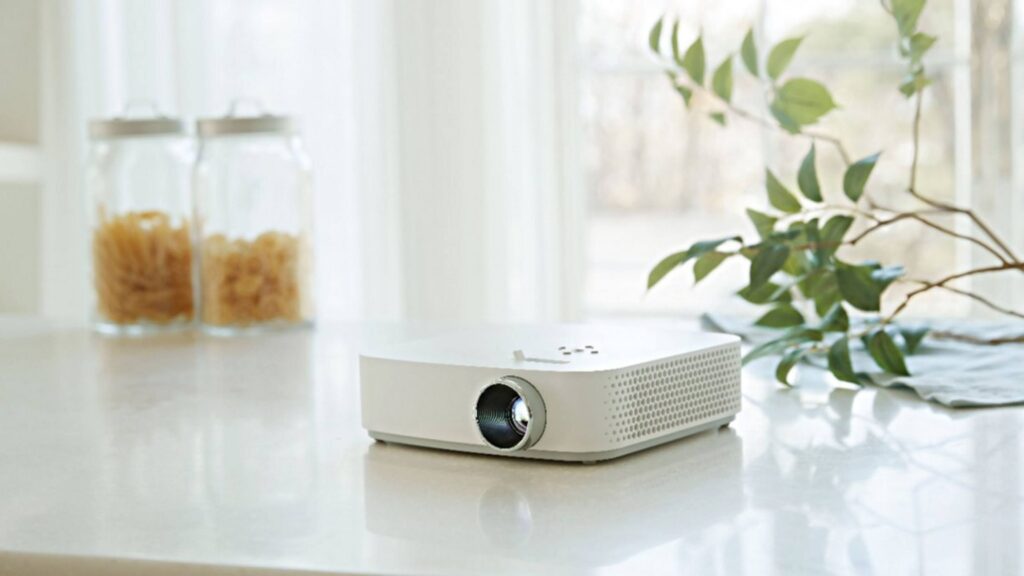
We can divide projectors into three main categories based on their source of light:
- Lamp-based
- LED
- Laser
1. Lamp-Based Projectors
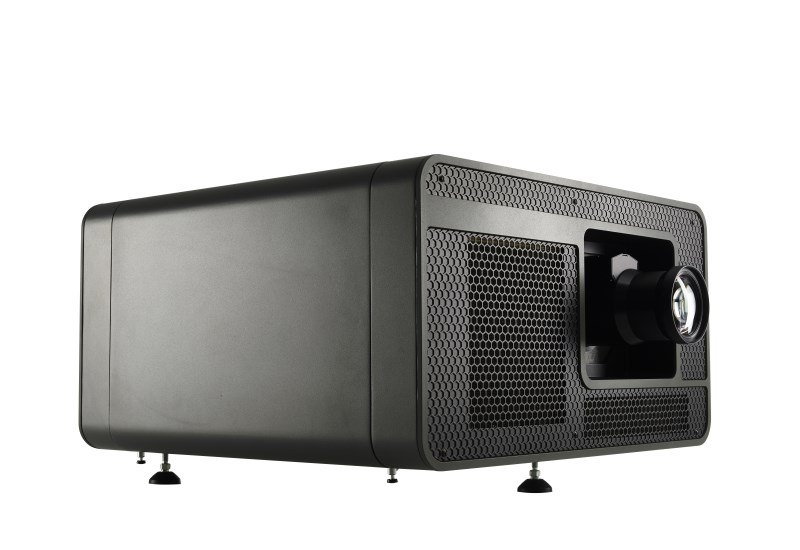
Lamp-based projectors have been around for decades and use high-intensity lamps to produce projected images. These lamps come in various types, such as UHP (Ultra-High-Pressure), metal halide, and xenon lamps. The power consumption of lamp-based projectors varies depending on the brightness and resolution.
Power Consumption Range
On average, lamp-based projectors consume between 150 – 350 per hour during operation. The power usage largely depends on the brightness level and the type of lamp used. Because more power is often needed for higher brightness levels, the projector’s energy consumption may vary while in use.
Lamp Lifespan and Impact on Consumption
The lamp’s lifespan is a crucial issue to consider in projectors that use lamps. However, these bulbs have a lifespan of between 2,000 and 5,000 hours; over time, their brilliance decreases. The lamp may need more energy as it ages to maintain the specified brightness level, resulting in higher energy usage.
2. LED Projectors
Technology improvements have increased the popularity of LED projectors because of their long-lasting and energy-efficient light source. Projectors that use LEDs (Light Emitting Diodes) do away with the requirement for conventional lamps by producing light using semiconductor diodes.
Power Consumption Range
The ability of LED projectors to conserve energy is well known. Depending on the brightness, resolution, and image settings, they often need 200 to 300. These projectors can produce stunning images while reducing electricity costs.
Lamp Lifespan and Impact on Consumption
The main benefit of LED projectors is their longer light life, which can be between 20,000 and 50,000 hours or more. Since LEDs gradually lose brightness as they age, they maintain energy efficiency throughout their lives.
3. Laser Projectors
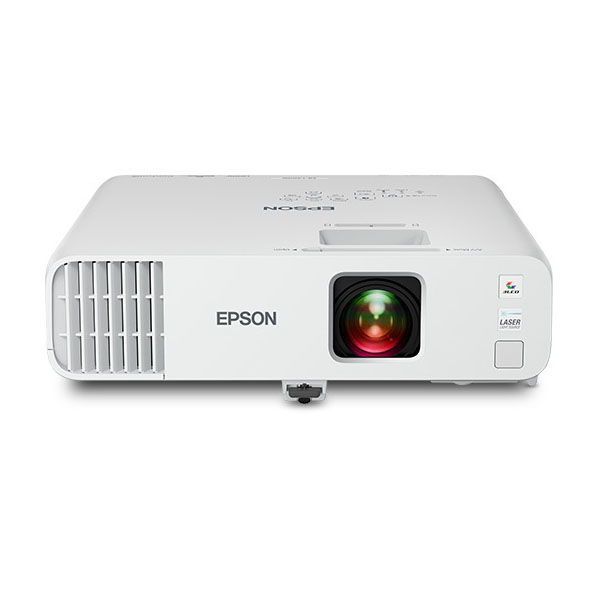
The most recent advancement in projection technology, laser projectors deliver exceptional image quality and enduring performance. They use laser light sources rather than lamps or LEDs to create the projected images.
Power Consumption Range
Depending on brightness and resolution, laser projectors typically consume between 230 and 250 watts. Although specific high-end versions may use more power, they frequently produce excellent image quality, making them appropriate for professional settings.
Lamp Lifespan and Impact on Consumption
The lamp life of laser projectors is outstanding, and it can last up to 20,000 hours. Also, lasers keep their brightness throughout time, resulting in constant power usage and energy efficiency.
I’ll provide a youtube link below for a better understanding of projector power consumption. Please check this
Power Consumption of 720p Projectors
Why 720p Projectors Are Energy-Efficient
Since 720p projectors have been around for a while, it is important to emphasize their energy economy. These projectors use less electricity since they have fewer pixels than their Full HD and 4K equivalents.
Typical Wattage Range for 720p Projectors
So, how many watts does a 720p projector consume? These projectors typically need 50 to 60 watts when they are operating. They are, therefore, a fantastic option for those that value energy efficiency over viewing quality.
Power Consumption of Full HD Projectors
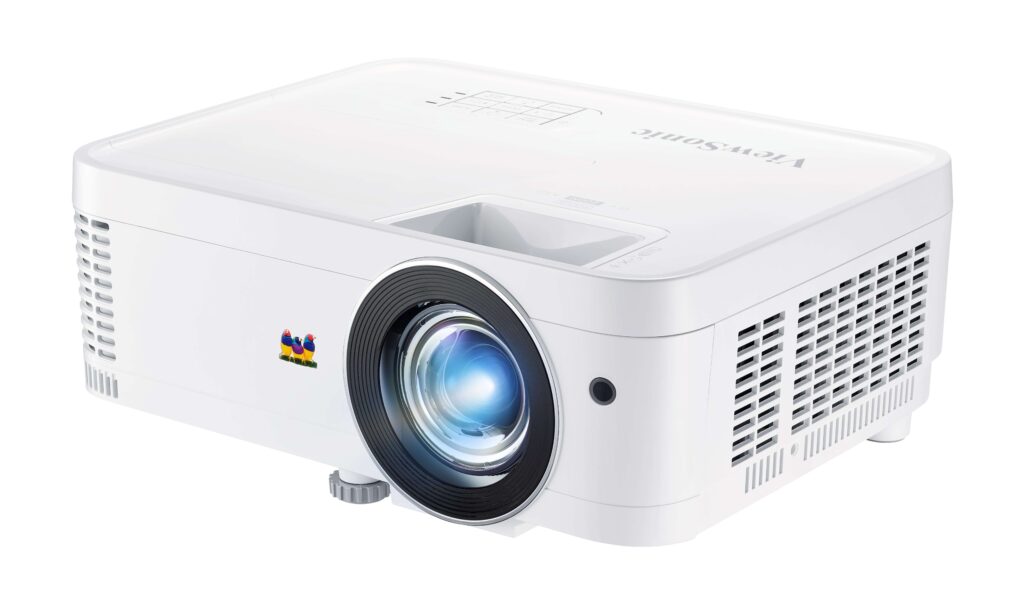
Embracing the Beauty of Full HD
Full HD projectors have become the standard for home theaters and presentations. The enhanced resolution brings sharper and more detailed images, but does this come at a cost in terms of power consumption?
Average Wattage of Full HD Projectors
A typical Full HD projector consumes between 200-300 watts. While this is higher than 720p projectors, the improvement in image quality and overall experience may justify the increase in power usage for many users.
Power Consumption of 4K Projectors
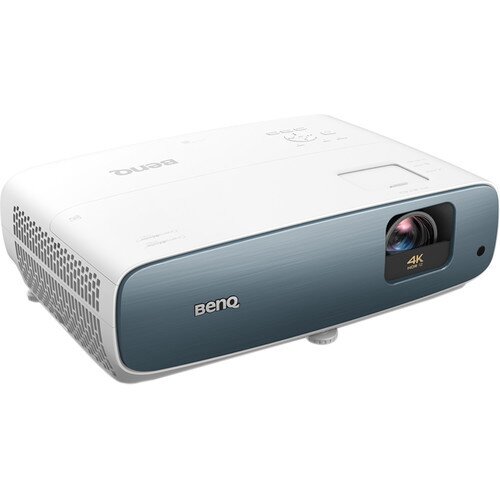
Unraveling the World of 4K Resolution
4K projectors offer breathtaking visuals with ultra-high resolution, but these cutting-edge displays demand robust hardware and, consequently, more power.
Understanding High Wattage in 4K Projectors
An average 4K projector can gulp around 300 watts or more during operation. This is significantly higher than 720p and Full HD models, but for video files and avid gamers, the unparalleled picture quality makes it a worthwhile trade-off.
Diving Deeper into Power Consumption Factors
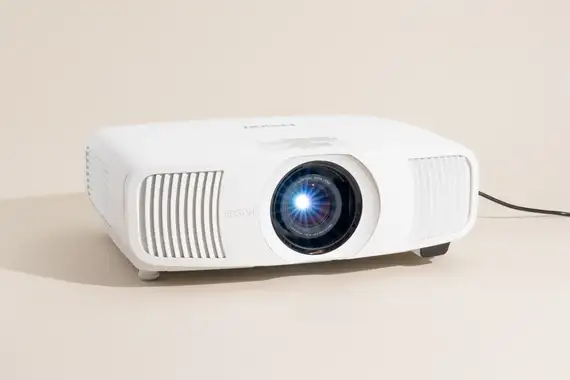
Now that we know the general figures for different projector types let’s explore the factors influencing power consumption.
1. Brightness Level
The projector’s brightness plays a significant role in determining how many watts it will use. Higher brightness levels often mean more power consumption. If you frequently use your projector in well-lit rooms, you may need a brighter setting, but remember that it can lead to increased energy usage.
2. Lamp Type
Projectors use different types of lamps, such as traditional UHP lamps and more energy-efficient LED or laser lamps. The kind of lamp can impact the projector’s wattage and overall energy efficiency.
3. Usage Hours
The amount of time you use your projector also affects its energy consumption. If you love movie marathons or frequently conduct long presentations, expect a higher electricity bill.
In this Quora discussion, where many people discuss their experience regarding the power consumption of projectors, it might benefit you, so let’s take a look.
Energy-Saving Tips for Projector Owners
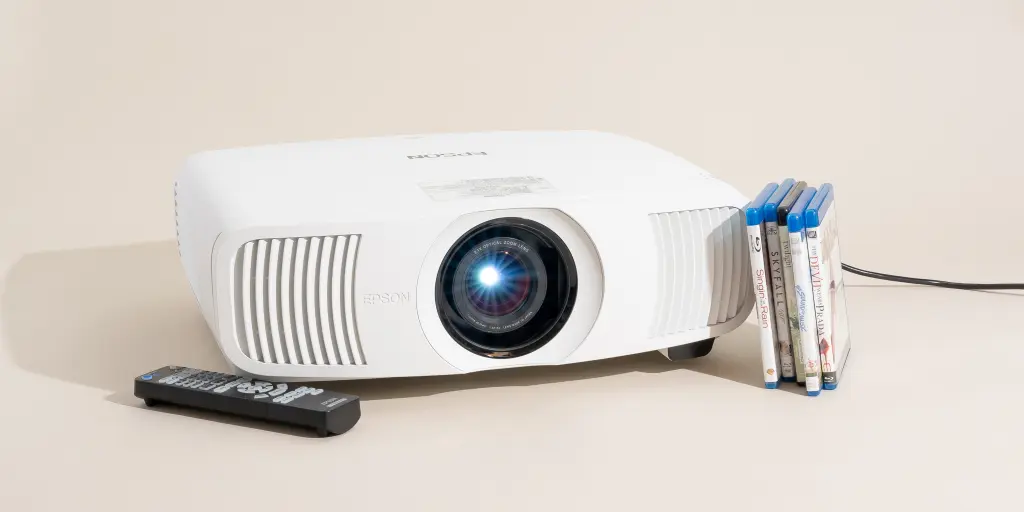
While projectors are fantastic tools, it’s essential to be mindful of energy consumption. Here are some handy tips to help you save energy and reduce costs:
1. Eco Mode
Most modern projectors come with an eco-mode feature. Enable this mode to reduce brightness slightly and extend the lamp’s lifespan while saving on electricity.
2. Proper Ventilation
Ensure your projector has adequate ventilation, as overheating can impact its efficiency and increase power consumption.
3. Turn It Off When Not in Use
Many forget to turn off their projectors after use. Make it a habit to power down your projector when you’re not actively using it.
Here is another youtube video I provide in which you better understand how to save a projector’s cost.
Frequently Asked Questions
Q1: Are LED projectors more energy-efficient than traditional lamps?
Absolutely! LED projectors’ energy efficiency is well-known compared to older UHP bulbs. They provide fantastic image quality while using minimal power.
Q2: Can I use a lower brightness setting to save energy on my projector?
Yes, reducing the brightness level can help save energy. If you’re in a dimly lit environment, try adjusting the brightness to an optimal level that meets your needs while consuming less power.
Q3: Can leaving my projector on for long hours damage it?
Leaving your projector on for extended periods can cause overheating and potentially shorten the lamp’s lifespan. It’s advisable to turn it off when not in use.
Q4: What is the average lifespan of a projector lamp?
The average lifespan of a projector lamp can vary, but it typically ranges from 2,000 to 5,000 hours, depending on the model and usage.
Q5: Despite its higher power consumption, is it worth investing in a 4K projector?
Investing in a 4K projector depends on your preferences and needs. If image quality is a top priority and you don’t mind the higher power consumption, a 4K projector can offer a stunning visual experience.
Conclusion
A projector’s wattage might change dramatically depending on the resolution, brightness, and lamp type. 720p projectors use less energy than 4K versions, which draw more power. Energy usage must be considered, both for financial and environmental benefits. It would help if you found the ideal balance between performance and efficiency to get the most out of your projector while considering your financial resources and the environment.
REFERENCES
- https://www.quora.com/How-many-watts-does-a-projector-use
- https://www.avsforum.com/threads/projector-power-usage.772348/
- https://www.avforums.com/threads/how-much-electricity-does-it-cost-to-run-your-projector.1053311/
- https://www.avforums.com/threads/new-to-projectors-what-do-power-consumption-and-iris-speed-do.2363762/
Related Posts
Can You Use A Sheet As A Projector Screen?
Can You Use A Projector On A Black Wall?
How Many Amps Does A Projector Use? ( Actual Answer )
Can You Use A Projector During The Day?
White Smoke On My Projector Screen ( Solution Explained )


Fernando Shrader
Hey, It’s me, Fernando Shrader. I’m the creator of this website. You might wonder why I’ve created this blog and what’s the difference between Visual Finds and other online blogs. As a professional technician working for the last 8 years with projectors, I though this is the right time to share what I’ve learned in this journey with an online audience so they can see what I’m doing and how they can solve their problems! Happy Learning!
